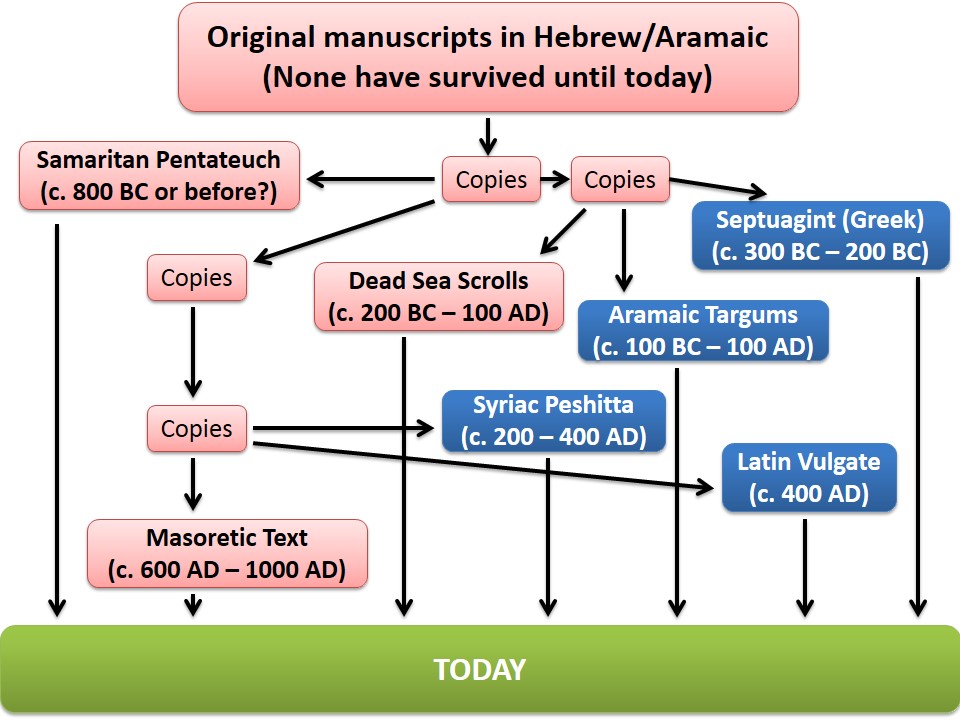Lazy Suesun
Well-known member
- Joined
- Jun 25, 2020
- Messages
- 140
- Gender
- Female
- Religious Affiliation
- Christian
- Political Affiliation
- Conservative
- Marital Status
- Married
- Acceptance of the Trinity & Nicene Creed
- No
Icon depicting the Emperor Constantine, accompanied by the bishops of the First Council of Nicaea (325), holding the Niceno–Constantinopolitan Creed of 381. ( Public Domain )
(sic)"...
Different ideas about Christ’s divinity lead to conflict
This was the setting in which the doctrine of the Trinity emerged. In those early decades after Jesus Christ’s ministry, death and resurrection, and spanning the next few centuries, various ideas sprang up as to His exact nature. Was He man? Was He God? Was He God appearing as a man? Was He an illusion? Was He a mere man who became God? Was He created by God the Father, or did He exist eternally with the Father?
All of these ideas had their proponents. The unity of belief of the original Church was lost as new beliefs, many borrowed or adapted from pagan religions, replaced the teachings of Jesus and the apostles.
Let us be clear that when it comes to the intellectual and theological debates in those early centuries that led to the formulation of the Trinity, the true Church was largely absent from the scene, having been driven underground. (See the chapter “The Rise of a Counterfeit Christianity” in our free booklet The Church Jesus Built for an overview of this critical period.).
For this reason, in that stormy period we often see debates not between truth and error, but between one error and a different error—a fact seldom recognized by many modern scholars yet critical for our understanding.
A classic example of this was the dispute over the nature of Christ that led the Roman emperor Constantine the Great to convene the Council of Nicaea (in modern-day western Turkey) in A.D. 325.
Constantine, although held by many to be the first “Christian” Roman Emperor, was actually a sun-worshiper who was only baptized on his deathbed. During his reign he had his eldest son and his wife murdered. He was also vehemently anti-Semitic, referring in one of his edicts to “the detestable Jewish crowd” and “the customs of these most wicked men”—customs that were in fact rooted in the Bible and practiced by Jesus and the apostles.
As emperor in a period of great tumult within the Roman Empire, Constantine was challenged with keeping the empire unified. He recognized the value of religion in uniting his empire. This was, in fact, one of his primary motivations in accepting and sanctioning the “Christian” religion (which, by this time, had drifted far from the teachings of Jesus Christ and the apostles and was Christian in name only).
But now Constantine faced a new challenge. Religion researcher Karen Armstrong explains in A History of God that “one of the first problems that had to be solved was the doctrine of God . . . a new danger arose from within which split Christians into bitterly warring camps” (1993, p. 106). " (Source - Full Article)
Many Christians committed to Bible study today aren't aware of the timeline that made possible today's Biblical Canon. Near 1,500 years, the Bible authored by over 40 writers, and the canon arriving after the convening of numerous councils.
The following links give information to help the serious Bible student expand their grace filled knowledge of God so as to expand their Exegesis, Soteriology, and Apologetics studies.
I hope you find this helpful. (Help-filled)
- The Lists and Codices
The following timeline shows various canon lists and codices denoting early indications of what was accepted as Old and New Testament canons. This is to show some of the most significant lists in the development of canon that were generally accepted by the early church, therefore not all historical lists (ie. Marcion) are listed, but this should serve as a basic research tool for the average inquirer.
Wherever possible, the canon lists have been reordered to the modern Catholic/Protestant order of books for ease of browsing, as the original lists often listed the books in very different orders. Further to this, the books have been named according to their modern title, whereas in the original lists books were often referred to differently (click here for examples of this) .
Bible Editions Timeline - Click Link for diagram


Revelation 22:19
“And if any man shall take away from the words of the book of this prophecy, God shall take away his part out of the book of life, and out of the holy city, and from the things which are written in this book.”
No one is yet in Hell.Link> Revelation 20
For those sisters and brothers that may prefer an article on the topic of Revelation 20.
Is there anyone in Hell today?
Why Calvinism and its like is false, I. E. God predestines people to be elected for Salvation,and conversely predetermined whom he would send to Hell, before the world was created: "For there is no partiality with God" (Romans 2:11)

